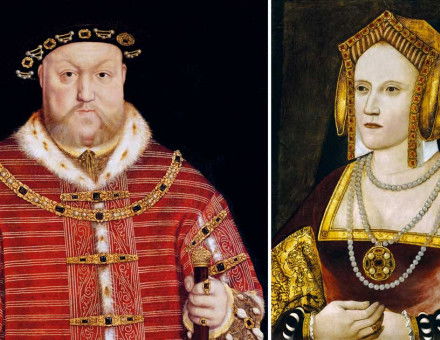Death of Ivan Pavlov
Richard Cavendish remembers Ivan Pavlov who died on February 27th, 1936. Pavlov won the Nobel Prize for physiology in 1904.

The man who made ‘Pavlov’s dogs’ famous the world over won the Nobel Prize for physiology in 1904. In his laboratory experiments with dogs he discovered what is generally called the conditioned reflex (or conditional reflex). He found that if a bell is invariably sounded before a dog is brought its food, the dog will quickly start to associate the sound of the bell with the food and will salivate when it hears the bell, before the food arrives and before it can see it or smell it. This sounds obvious now, but when Pavlov discovered it, it was revolutionary.
Born the eldest son of a priest in 1849 in the town of Ryazan, south-east of Moscow, Ivan Petrovich Pavlov demonstrated from boyhood a combination of intellectual brilliance, superhuman energy and what he called ‘the instinct for research’. In 1870 he went to study at St Petersburg, first at the university and then at the Military Medical Academy. In 1891 he was made director of the new Institute of Experimental Medicine and held the post until his death.
It was there in the 1900s that Pavlov conducted the experiments in which he tried not only the sound of a bell, but whistles, tuning forks, metronomes and electric shocks to teach his dogs to anticipate the arrival of their food. His results began reaching the West, especially through the writings of John B. Watson (1878-1958), the American psychologist who paved the way for modern behaviourism. Bertrand Russell and Aldous Huxley, among others, were fascinated by Pavlov’s ideas.
The notion that animals, including human beings, can be taught to react to selected stimuli in a desired way – by ‘brainwashing’ them – is one that naturally appeals to tyrants and perhaps it was this, along with the favourable light his success was casting on Soviet Russia among western intellectuals, which accounted for the astonishing tolerance with which Pavlov was treated by the Soviet regime. Money was poured out to support his laboratory and he was loaded with honours although he made no attempt to conceal the disapproval and contempt in which he held Soviet Communism. In 1923, for example, he said publicly that he would not sacrifice the hind leg of a frog to the type of social experiment that the regime was conducting in Russia. In 1927 he wrote to Stalin protesting at what was being done to Russian intellectuals and saying he was ashamed to be a Russian. In 1934 he wrote letters to Molotov on the same lines.
Near the end of his life Pavlov relented a little and, when he died of double pneumonia at the age of 86 in what was by then Leningrad, the regime ordered a monument to him to be erected there. He was given a grandiose funeral and his laboratory and study were preserved as a museum in hishonour. His passion for research had lasted to the end and when he knew he was dying he got one of his students to sit by his bed and record every detail.




